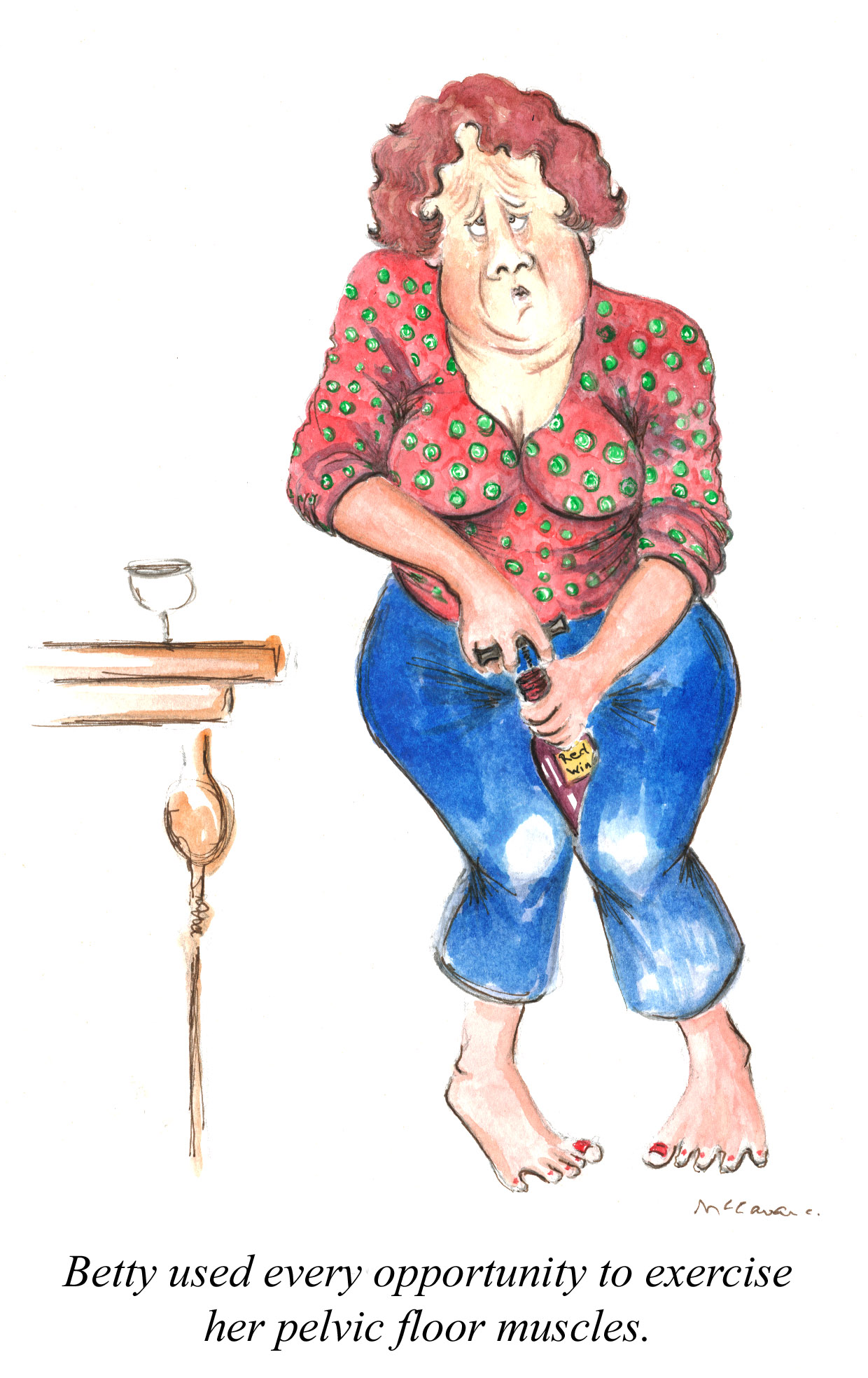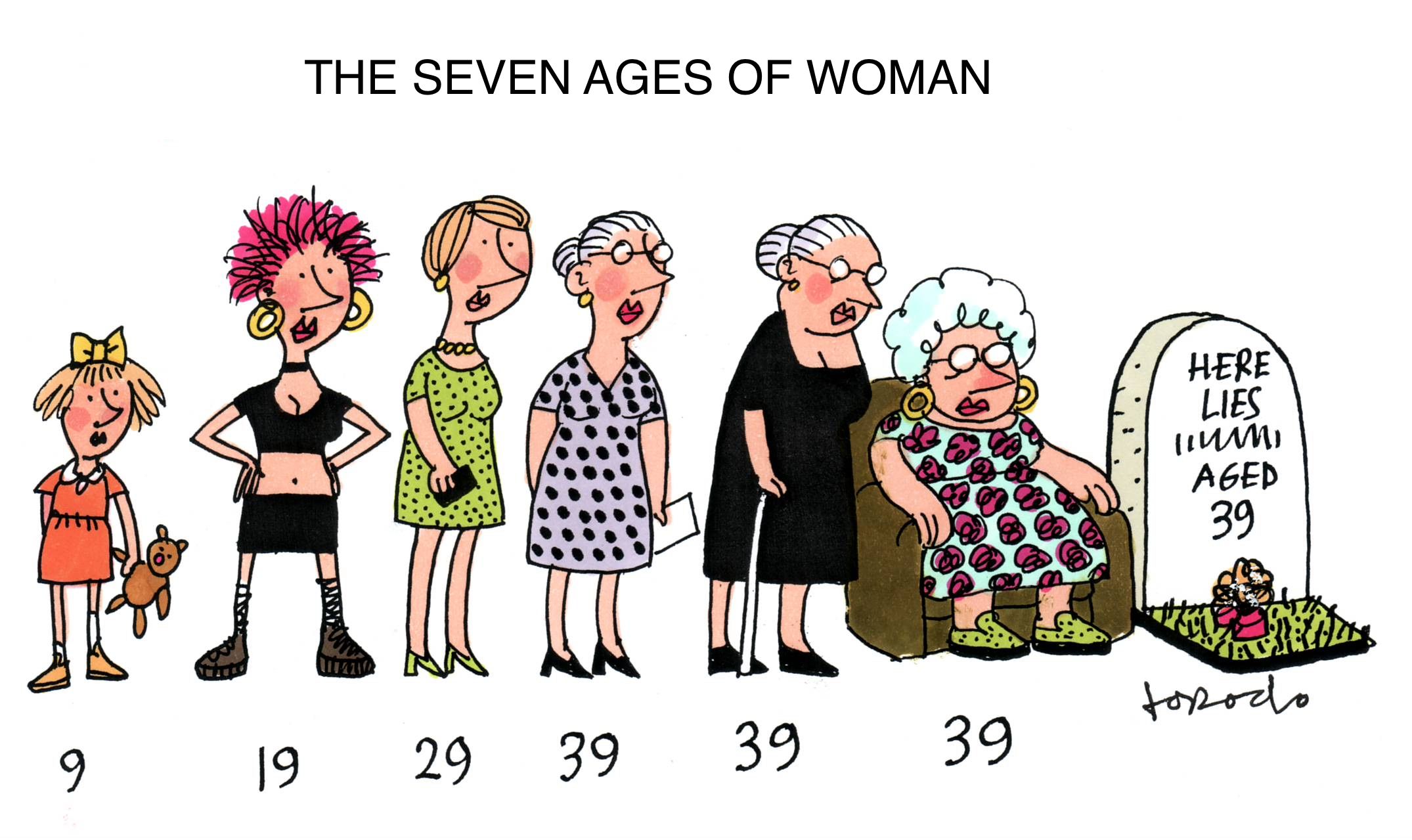What’s your ‘I’m fat, I’m old’ talk quotient?
When was last time you thought to yourself, ‘I’m fat?’ How about ‘I’m old?’ Sound familiar?
If you are like most women, these words have likely crossed your mind at least once if not several times. And while we tend to pay lots of attention to the ‘fat talk’, less attention appears to be paid to how ‘old talk’ similarly impacts how women feel about themselves and perceive themselves. Not surprisingly, both are connected to the thin-ideal/young-ideal concept of beauty in Western society; just look at the number of products, drugs, and surgical procedures feared towards the preservation of youth and a youthful, wrinkle-free, cellulite-free appearance. As researcher Carolyn Beck writes in the Journal of Eating Disorders, “as women age, they increasingly move away not just from being thin but also from fulfilling the young element of the thin-young ideal. Accordingly, aging creates new opportunities for discrepancies between women’s bodies and cultural body ideals.”
Dissatisfaction with appearance and one’s body has been known to be correlated with binge eating, emotional eating, stress, low self-esteem, depression, and use of unhealthy weight control behaviors. When Dr. Beck and her colleagues set out to discover if fat talk and old talk had the same effect on body image, they found that among a sample of over 900 women, those who reported frequently talking about how fat they were or how old they were tended to have more negative body images. Importantly, an overwhelming majority of women — 81% — engaged in ‘fat talk’ at least occasionally and a full third reported frequently ‘fat talking.’ Their aging peers? At least 66% engaged in ‘old talk’ with friends and family occasionally, while 15% reported talking old more often. What’s more, the frequency of old talk tended to increase the older that women became.
Dr. Beck says that women’s self talk, be it about fat/thin or young/old, is an important public health issue as are the factors that play a role in causing, sustaining or deepening a women’s displeasure with her body. And while the two ideals are related, when women are young, the most salient aspect of self image is ‘thinness;’ conversely, as they age and enter midlife, both thinness and youth appear to be important. Overtime, thinness loses out to youthful.
When do we, as women, give ourselves a break? By buying into the thin-ideal/young-ideal constructs, we are robbing ourselves of the opportunity to recreate our individual ideals, those that work best for ourselves. When 1,000 women between the ages of 18 and 87 agree that image plays such an important a role in how they view themselves, it should cause us to pause. We seem to be doing a lot of talking without saying or DOING much, other than to self-criticize, self-demoralize, self-dissatisfy, self-disconnect and self-sabotage. I would posit that it’s time to change the dialogue.
Read More
Wednesday Bubble: Today’s stress? Tomorrow’s disability!
Stress. There’s no getting around it. And, if you feel that it’s out of your control and that you can’t cope with it, the ill effects are widespread.
Mental stress takes its toll in so many ways; from depression and mental exhaustion to memory issues, sleep disruption, and reduced quality of life, to heart disease, diabetes and possibly musculoskeletal disease, stress literally sucks the life out of an individual. What’s more, while stress may’ take no prisoners,’ but its effects are not uniform and actually vary from person to person. As I’ve written previously, factors such as active coping and attitude are as important as a lack of control over one’s work environment. However, what about long-term consequences? According to a recent paper published online in the Journal of Gerontology, little has been written about the long-term consequences of mental stress and its toll as we grow older. And, the few studies that have examined it have actually been relatively short.
Fortunately, that paradigm has changed, In fact, when researchers examined the association between self-perceived stress and its later toll in roughly 5,500 men and women, the picture they found was not pretty. Stress symptoms were first evaluated when participants were between the ages of 45 and 58 and then reexamined four years later. They included factors such as stomach or chest pain, dizziness, anxiety, lack of enjoyment, sleep issues, lack of energy and a gloomy outlook, which were rated by frequency. Twenty-eight years later, daily living scales were used to assess the degree of disability in the same individuals; these included the ability to feed oneself, to dress, to get out of bed, prepare meals, shop, do laundry or do housework.
As mentioned, stress was inconsistent among the participants; some were profiled as having mostly negative reactions to work and depressiveness while others perceived a decline in their ability to focus and think. Some participants primarily reported sleep disturbances or physical symptoms such as chest pain, stomach ache and dizziness. Only a third reported having no stress symptoms in midlife, whereas up to a quarter reported that their stress was constant. Most importantly, constant stress in midlife was linked to significant challenges in performing the most basic of activities later in life — up to four times worse. Even more troubling? Constant stress was a deal breaker when it came to physical activity; these people had up to three times greater risk for not being able to walk a mere 1.2 miles!
Researchers say that it’s likely that “constant activation of stress responses lead to ‘wear and tear.” And while the health trajectory that leads from stress to disability is still unclear, what is clear is the need to intervene in midlife, take time to identify work stressors, change workloads and tasks, engage in regular physical activity and seek counseling if stress symptoms continue to interfere with life quality.
You only live in this body once; be sure to take care of it at all stages before lack of care takes a real toll.
Friday Folly: Be sure to exercise this weekend!
Between multiple pregnancies and aging, our pelvic floor muscles are frequently fighting for attention. Sometimes, you’ve gotta listen!
Read More










